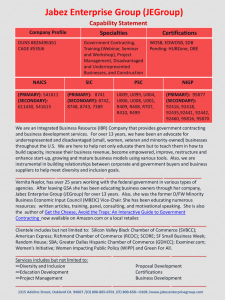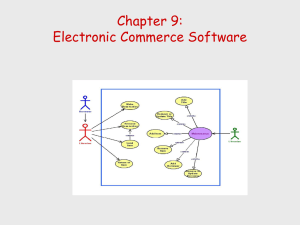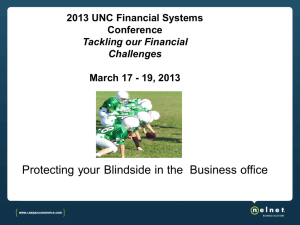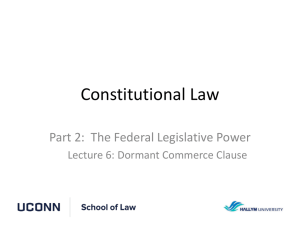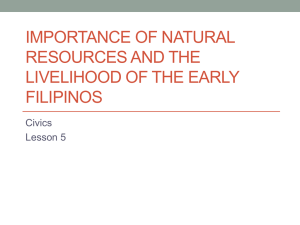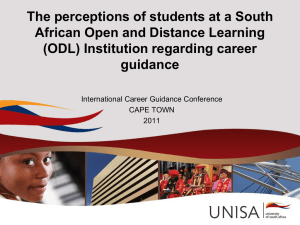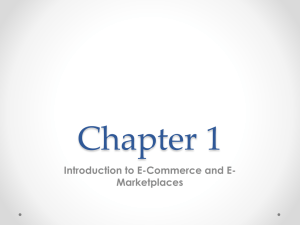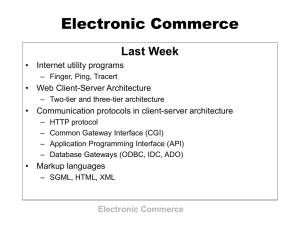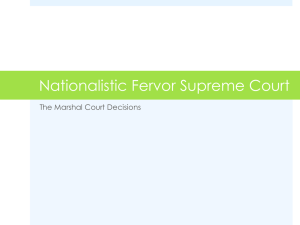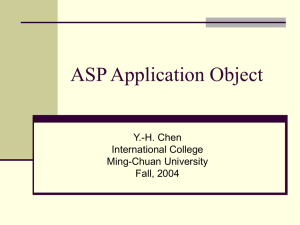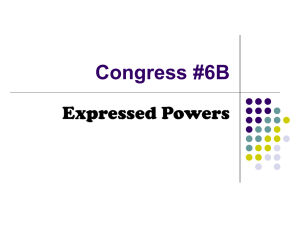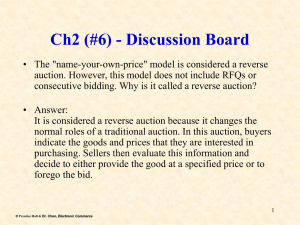SP2 2015 DBCA Orientation Powerpoint Presentation
advertisement
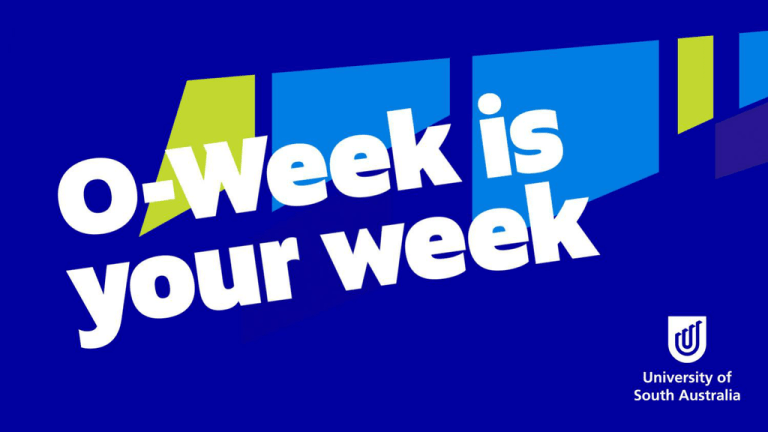
Bachelor of Commerce (Accounting) DBCA Dr Gerard Stone Program Director Presentation Outline 1. Important dates 2. Explanation of terms 3. Your Program 4. Links to employment 5. Teaching and Learning 6. Student Expectations 7. Who to contact Important Dates 31 March - Census date – If you wish to withdraw from a course without incurring a fee, withdraw before this date 1 May- Withdraw without Fail date – If you withdraw after the census date you’ll get a ‘W’ on your transcript and incur a fee 15 May– Withdraw Fail date (AVOID!) – If you withdraw after the census date you’ll get a ‘WF’ on your transcript and incur a fee Terms you will run into What we mean when we say: Program/degree - The award you qualify with when you complete your studies e.g. Bachelor of Commerce (Accounting) Course - To complete your program you need to enrol in a number of courses each year e.g. Accounting for Business Study Period - the ‘semester’ in which courses are held, there are 7 each year. e.g. Study Period 2 2015 = March – July 2015 Your Program Bachelor of Commerce (Accounting) - School core courses - Accounting Major courses - Electives = 24 courses in total Excluding any credit for previous studies Your Program continued… School core courses: • • • • • • • • • Fundamental Accounting courses Business Intelligence Management Marketing Business and Society Economics Business Law Quantitative Methods for Business Strategic Financial Analysis Your Program continued… Accounting major: • • • • • • • • Financial Accounting 2 Financial Accounting 3 Sustainability Accounting and Reporting Management Accounting Contemporary Issues in Accounting Companies and Partnership Law Taxation Law 1 Auditing Theory and Practice Your Program continued… Prerequisites must be satisfied DBCA graduates meet the requirements for entry to Chartered Accountants Australia and New Zealand’s professional program (the Chartered Accountants Program) and CPA Australia's professional program (the CPA Program) Your Program continued… Electives – 5 in total Minors include • Finance, Management, Management Accounting • many others MUST meet prerequisites to study a course Great resource: w3.unisa.edu.au/commerce/current/commerce.asp This site includes the final word, advice and guidance on electives in the degree Credit: SAIBT Diploma Details Full study plan on the degree home page w3.unisa.edu.au/commerce/current/commerce.asp Credit: TAFE SA Details Full study plans on the degree home page w3.unisa.edu.au/commerce/current/commerce.asp What are my career options? • Public Accountants (Chartered or CPA firms: large, medium & small, local & international) • Business or firms (most medium sized and larger businesses employ their own in-house accountants) • Government (eg Auditor General, ATO, Gov’t departments & authorities) What are my career options? • Multiple job offers if good • Your GPA matters (more shortly) • Your development of key skills matters (more shortly) • Key career resources at http://w3.unisa.edu.au/commerce/c urrent/commerce.asp Lectures and Tutorials Lectures • Usually 1 x 1.5 hr per week in large group • An overview of the content of the specific topic Tutorials • Usually 1 x 1.5 hr per week in smaller classes • Students and tutor work together Workshops • Usually 1 x 2.5 hr per week • A fully self-contained learning experience Assessment Assignments and exams A minimum of 3 assessment components with one typically due within the first 4 weeks of the study period. Most core and major courses include a final exam – typically weighted 50% or more Group assessment All assessment is generally required to be submitted online Student Grades • Student grades are assessed at the end of each study period • Grade Point Average (GPA): the average of your results is used to calculate eligibility for certain grades e.g. CP/TP, supplementary exam eligibility, program transfers • We aim for 5 or above. 5 is a Credit average Student Expectations • • • • • Enrol early - if have not done so already, do it right away Watch prerequisites for courses before enrolling Attend all classes – Classes will start in week 1 (check learnonline sites for your courses) Regularly check course learnonline site Activate and regularly check student email often – Delete unwanted emails to avoid full mail boxes and bounce backs Student Expectations • • • • • Soak up Orientation information Be aware of assessment deadlines and criteria Be aware of course Help Desks when you need assistance Seek assistance from the Course Coordinator / Tutor at the earliest possible time if difficulties are being experienced Preparation for classes is vitally important Student Expectations Massive emphasis on these skills: • Written communication skills • Verbal communication skills • Team work skills • Ability to work in and lead a team • Self-management skills Over time, communication skills consistently rank as the most or one of the most important skills that employers consider when they employ graduates Employers seek graduates who can work effectively in teams Cannot stress enough the importance of these skills Who To Contact For general enquires (e.g. first point of call, fee payments, computer log in, forms, all admin) Campus Central (Jeffrey Smart Building at City West) For study related assistance and help (e.g. student resources, learning advisors, counsellors, preparing for study) Learning & Teaching Unit For specific course issues (e.g. assignment extensions) Course Coordinator or Tutor Who to contact For academic issues Bookings through the School of Commerce office Ms Lyn Nipperess Program Advisor Program Hub: Yungondi Building Email: lyn.nipperess@unisa.edu.au Who To Contact Academic staff offices: Way Lee Building – levels 2/3/4 Commerce School office: Way Lee Building, Level 2 General Enquiries: Ph: 8302 0436 8302 9047 Fax: 8302 0992 Email: cmr.enquiries@unisa.edu.au QUESTION TIME

